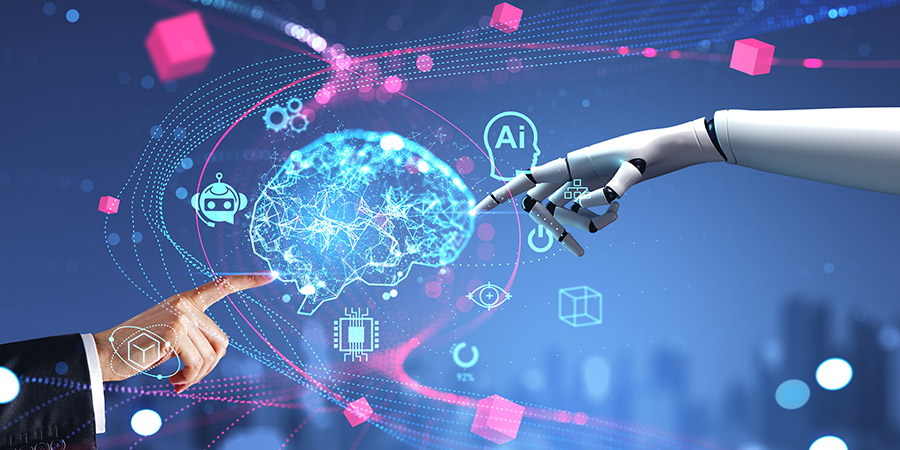In the contemporary realm of technological advancements, one particular innovation stands out: generative artificial intelligence (GenAI). The GenAI market is poised for substantial growth, with projections indicating a surge to USD 66.62 billion by 2024 and an impressive annual growth rate of 20.80% through 2030, reaching a volume of USD 207.00 billion.
Notably, the United States emerges as the largest market, anticipated to reach USD 23.20 billion by 2024, underscoring the significant global impact and potential of this transformative technology.
This cutting-edge branch of artificial intelligence is revolutionizing the way we operate professionally by autonomously producing various forms of content, ranging from text and images to code and protein structures. However, what exactly constitutes GenAI, and how does it influence our professional landscape?
Accelerating Human Innovation
GenAI, in essence, represents an advanced iteration of artificial intelligence, aiming to independently generate diverse forms of content. Its applications span a wide spectrum, from assisting with content creation to facilitating intricate scientific research. However, given the transformative capabilities of GenAI, it is essential to acknowledge the critical responsibility of understanding how to ethically and effectively harness its potential.
A significant impact of GenAI lies in its potential to accelerate human innovation. By automating repetitive tasks and offering valuable insights, it empowers individuals to concentrate on more creative and strategic endeavors, thereby propelling progress and productivity. However, this transition necessitates the careful consideration of ethical and trust-related concerns, ensuring that GenAI deployment aligns with integrity and purpose.
The disruptive potential of GenAI within the workplace is undeniable. By seamlessly integrating into existing workflows, it has the capacity to enhance human expertise and streamline various processes, from content creation to decision-making. However, this transformation also requires a fundamental reevaluation of our perception of work and the required skills needed for success within this new framework.
Rather than supplanting humans, GenAI acts as a catalyst for unlocking human potential. Through the automation of mundane tasks and the augmentation of productivity, it enables individuals to focus on tasks that demand uniquely human qualities, such as creativity and empathy. Consequently, organizations must prioritize preparing their workforce for the future by equipping employees with the skills necessary to adapt to this evolving technological landscape.
Cultivating Human-Centric Leadership
At the core of this adaptation lies the necessity to reassess traditional job roles and workflows. Rather than viewing tasks as static components of a job, organizations must acknowledge the dynamic nature of work and the evolving skill sets necessary to accomplish it. GenAI enhances human capabilities, enabling individuals to address tasks more efficiently and effectively, thereby reshaping the very essence of work.
Essential to navigating this transformation is the cultivation of human-centric leadership. Executives must adopt a researcher's mindset, exploring the potential of GenAI while remaining committed to ethical and responsible implementation. By fostering a culture of adaptability and innovation, they can guide their organizations through this period of profound change.
In summary, the emergence of GenAI presents both opportunities and challenges for the future of work. By embracing its potential and adequately preparing their workforce, organizations can harness the transformative power of GenAI to drive innovation and cultivate a more efficient, human-centric work environment.










